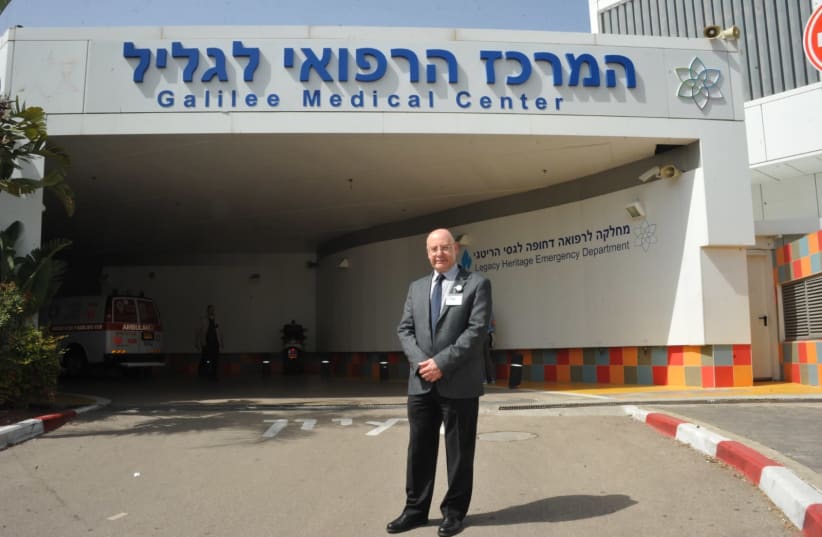The heads of several Israeli hospitals have reached out to Lebanese officials and the United Nations offering medical support to the country’s wounded.“It hurts to see the children – little children – crying and injured,” Dr. Masad Barhoum, director-general of Galilee Medical Center in Nahariya told The Jerusalem Post. “People without children – their lives destroyed in an instance. They need medical and psychological help.”Barhoum, a Christian Arab, speaks Arabic. On Wednesday, he took to social networks and the radio appealing directly in their language to the Lebanese president and prime minister, and even Hezbollah leader Hassan Nasrallah, to allow him to help.Galilee Medical Center is just several kilometers from the Lebanese border and, due to its proximity, the staff has learned to mobilize quickly and to work under emergency conditions. Since 1981, with the outbreak of the First Lebanon War, the hospital has adopted work procedures as a hospital on the confrontation line.Barhoum said Lebanese citizens could be transferred to Israel via the UN Interim Force in Lebanon (UNIFIL) and then returned the same way. They would cross at the Rosh Hanikra Crossing, also known as Ras al-Naqoura Crossing.“The idea is to help them and return them home in peace,” said Barhoum. “We have no agenda, there are no enemies in this situation. As medical professionals, we do not differentiate.”Barhoum said that no hospital system could stand up to the task of treating so many injured people at one time – estimates are that more than 4,000 are in need of care. This is even more so the situation in Lebanon, where the country is faced with deep economic challenges. He said he reads Lebanese social media posts and he sees the people are angry, confused and even disillusioned. The government, too, is afraid to make the wrong move as the people are watching closely.On Wednesday, rumors that wounded UNIFIL personnel were being treated at Galilee Medical Center surfaced, but Barhoum said this is not the case, although he expects that this could happen soon. Late Tuesday, UNIFIL reported that a ship from its Maritime Task Force was damaged, leaving some UNIFIL naval peacekeepers injured – some of them seriously.“UNIFIL is transporting the injured peacekeepers to the nearest hospital for medical treatment,” the statement read.Ziv Medical Center in Safed has also reached out to Lebanon to help. Late Tuesday, it posted on Twitter that it was “experienced and prepared” to take in wounded.Hospital head Dr. Salman Zarka said he had been in direct contact with the IDF Northern Command and reached out to the UN to offer assistance.He told the Post that until 2000, his hospital treated Lebanese citizens on a regular basis.“Two years ago, a Lebanese woman came to visit us at the medical center,” Zarka recalled. “She told us that she and her mother had received medical care 30 years ago and that she still remembers us and wanted to say thank you.“A meaningful story like this says that in such incidents, when there are dead and injured, you need to let the medical workers do their jobs and leave politics behind,” he concluded.Sources in the know said that the UN is considering opening up a field hospital in Cyprus where an international medical team could offer support. Zarka said it is likely that Israeli doctors will join any international delegation.“If there is an international delegation then
Lebanon won’t put any condition that there not be Israelis – that would be absurd,” he said.
